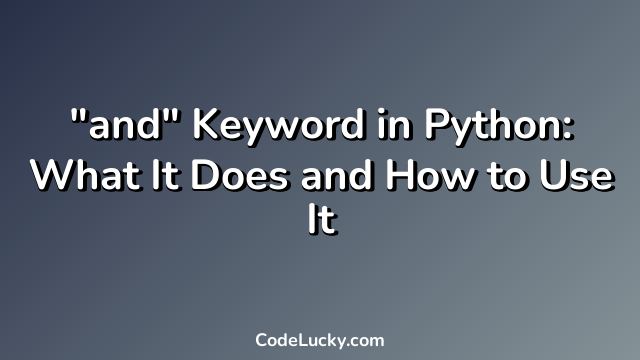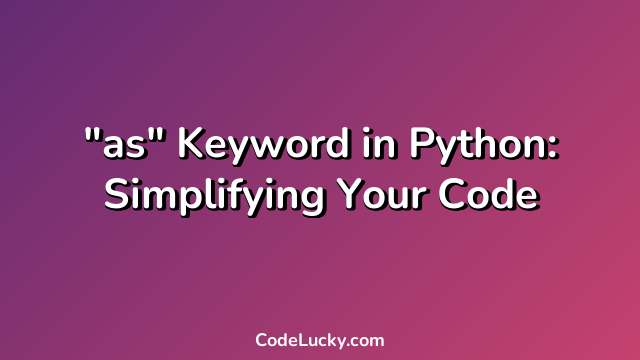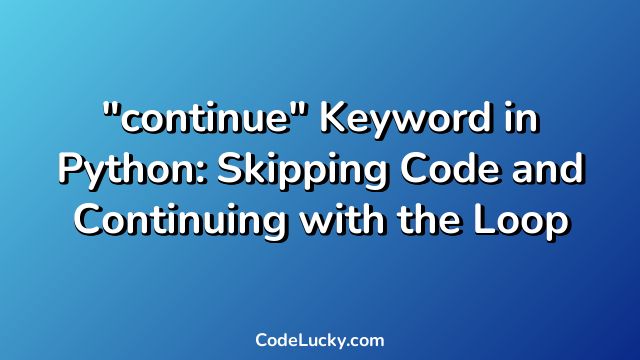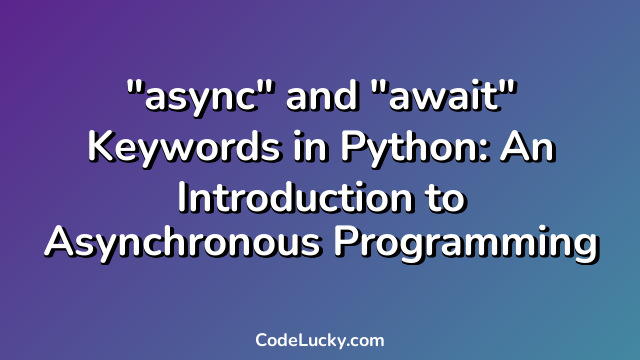Keywords are reserved words in Python that have special meanings and are used to perform specific tasks. Here is a list of all the Python keywords. All the keyword names are linked to a detailed article where you can learn about that particular keyword in detail. Keyword Description and Logical operator used to combine conditional […]
Software/App Development
Infrastructure Services
Support and Maintenance










